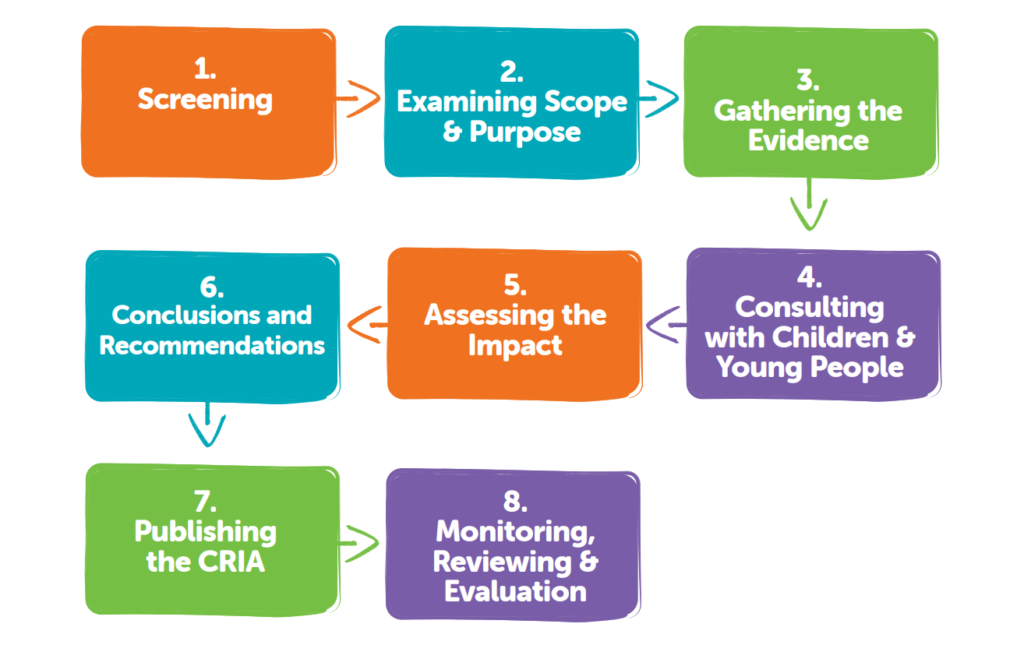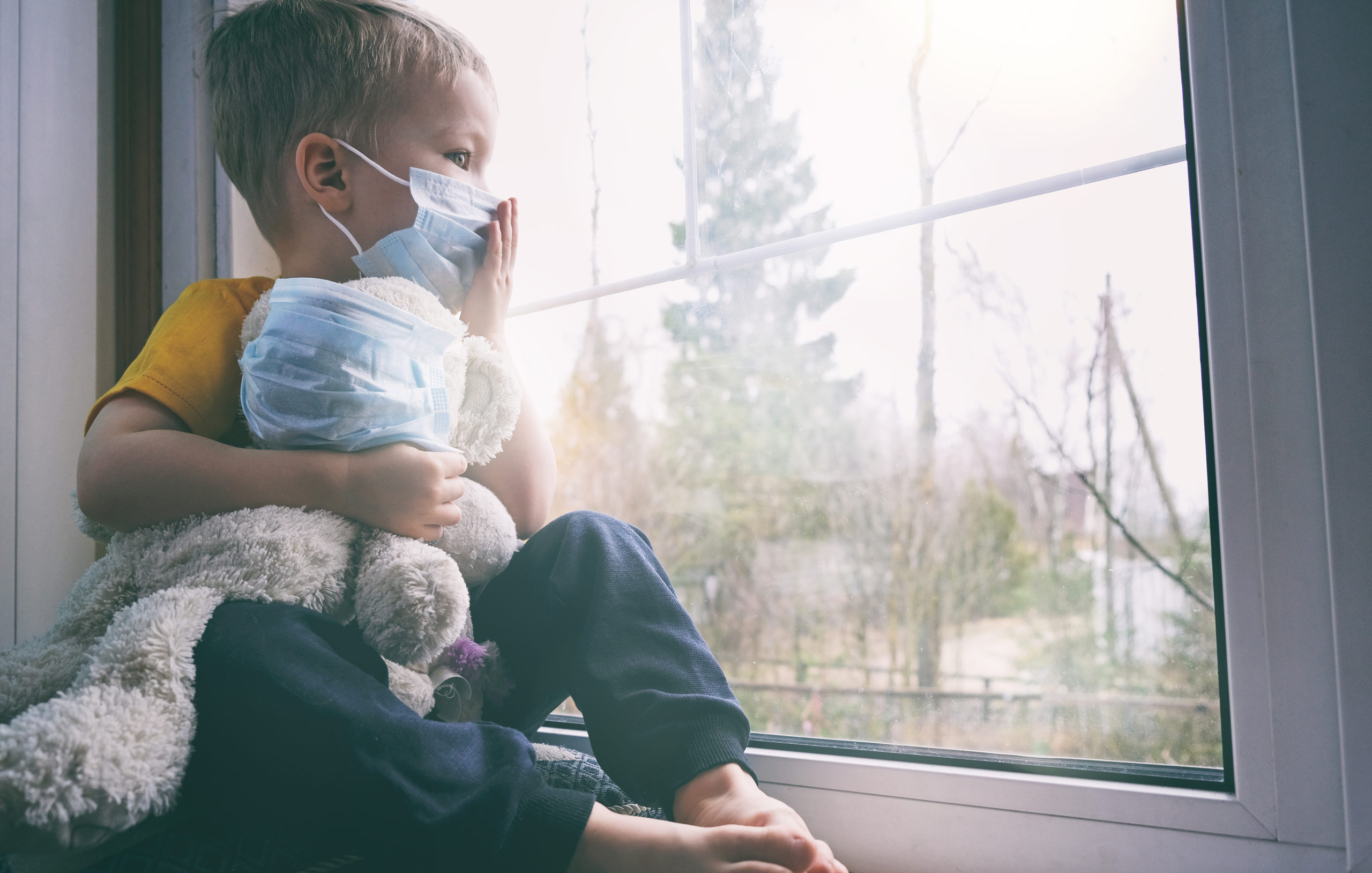Building children's futures - Using children's rights to recover from the global pandemic
Covid-19 has had a devastating impact on children and young people across Europe.
Pandemic restrictions led to school closures, the curtailment of services and parental unemployment. Consequently, many children experienced increased exposure to abuse, neglect, poverty, hunger, social exclusion and mental health difficulties. Certain groups of children were disproportionately affected including, children in care, children with disabilities and refugee/migrant/ethnic minority children, including Travellers and Roma. The cumulative impact of the Covid-19 measures had major implications for a generation of children and young people across Europe. However, poor outcomes were not inevitable.
In collaboration with our project partners, Eurochild examined the effect of the pandemic measures on activities and services for children and young people through consultations with groups that were disproportionately impacted. By working with youth researchers, Ireland was used as a case study to document how child participation structures worked during the pandemic. Best practices in Covid-19 responses in Europe were identified, and the project explored how Child Rights Impact Assessments (CRIAs) could embed a children’s rights approach, including during times of emergency. A prototype CRIA and training supports aimed at embedding children’s rights were developed.
The project supported the pandemic recovery and led to changes in activities and services for children and young people by building a coalition for a Covid-19 recovery involving the Irish Government, local structures, academics, NGOs and European partners. Best practices in protecting children’s rights during the pandemic were identified and the use of CRIAs in decision-making, including in emergency situations, was strengthened and mainstreamed throughout Europe. Evidence of CRIA implementation informed the EU Network for Children’s Rights work in relation to the EU Strategy on the Rights of the Child 2021-2024.
Steps for carrying out a Child Rights Impact Assessment
There are common steps taken in impact assessments, and these tend to include the following eight steps:

Get to know the project partners:
- Children’s Rights Alliance
- Department of Children, Equality, Disability, Integration, and Youth
- Children and Young People's Services Committees
- Tusla the Child and Family Agency in Ireland
- UNESCO Child and Family Research Centre
- Foróige
Updates
- Blog: Building Children’s Futures - Youth participation with purpose
- Irish radio interviews young member of Building Children’s Futures project
- European Council adopts conclusions urging the European Commission and Member States to promote the evaluation of the impact of policies related to children
- Building Children’s Futures: The Children’s Report
- Building Children’s Futures international conference on children’s rights impact assessments, 3 July 2024
- News: Using children’s rights to recover from the global pandemic
- Building Children’s Futures: Implementing Child Rights Impact Assessments
Contacts
Ciaran O'Donnell, Eurochild Partnerships and Programmes Coordinator
Federica Marra, Eurochild Communications Officer


